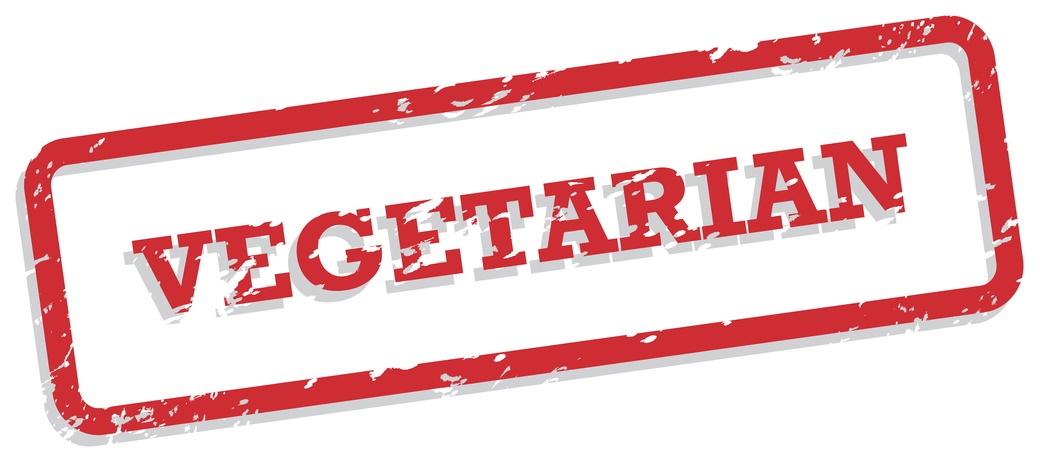
Vegetarian and plant based diets have become popular in the USA and the interest continues to be on the rise. It is estimated that 7.3 million Americans are vegetarians. People follow vegetarian diets due to health benefits, ecological concerns or cultural/personal choice. Vegetarian diets have multiple health benefits including reduced rate of obesity, heart disease and even cancer. While you reap the rewards of vegetarian diets; it is important to keep certain nutrients in check to meet adequate nutrition needs.
Carefully planned vegetarian diets can provide adequate nutrition for optimal growth and health. Being a vegetarian myself; I always pay attention to these 5 nutrients…
1. Protein – Protein plays important role in growth, development and maintenance of tissues. You can get adequate protein in your daily diet by including foods like beans, lentils, tofu, quinoa, milk, yogurt, greek yogurt (provides double protein compared to regular yogurt), and nuts. Be sure to include protein foods from variety of sources as it improves the quality of plant based protein foods.
2. Calcium – Calcium is an essential mineral for bone health and teeth. Main sources of calcium are dairy products including milk, yogurt, and cheese. If you follow a vegan diet; fortified soymilk, rice milk or almond milk are great alternatives for dairy products. Some of the other good sources of calcium include fortified orange juice, dark leafy vegetables like spinach and collard greens.
3. Iron – The main function of iron is to make Hemoglobin to carry oxygen in blood. Iron from vegetarian food sources is not readily absorbed in your body due to presence of phytates. Pairing iron rich foods with vitamin C increases its absorption significantly. Make sure to sprinkle some lemon juice or drink orange juice with iron rich foods. Vegetarian foods high in iron include fortified breakfast cereals, black eyed peas, lentils, dried fruits (Raisins, prunes), and spinach.
4. Vitamin B12 – Vitamin B12 plays a vital role in nervous system function and blood formation. Since Vitamin B12 is mainly present in animal foods; only source of this very essential vitamin for vegetarians is milk and milk products, fortified soymilk, and nutritional yeast. Check with your doctor if you need to supplement B12 especially if you are a vegan.
5. Zinc – Zinc plays an essential role in immune function. Some foods high in Zinc on a vegetarian diet include nuts and seeds, wheat germ, pumpkin seeds, fortified breakfast cereals and milk.
The key is to include a variety of foods in right amounts to meet all your nutrition needs. A well planned balanced vegetarian diet can not only meet all your nutrition needs; but, also help prevent onset of chronic diseases. Consult with a registered dietitian to make an individual plan for you.
